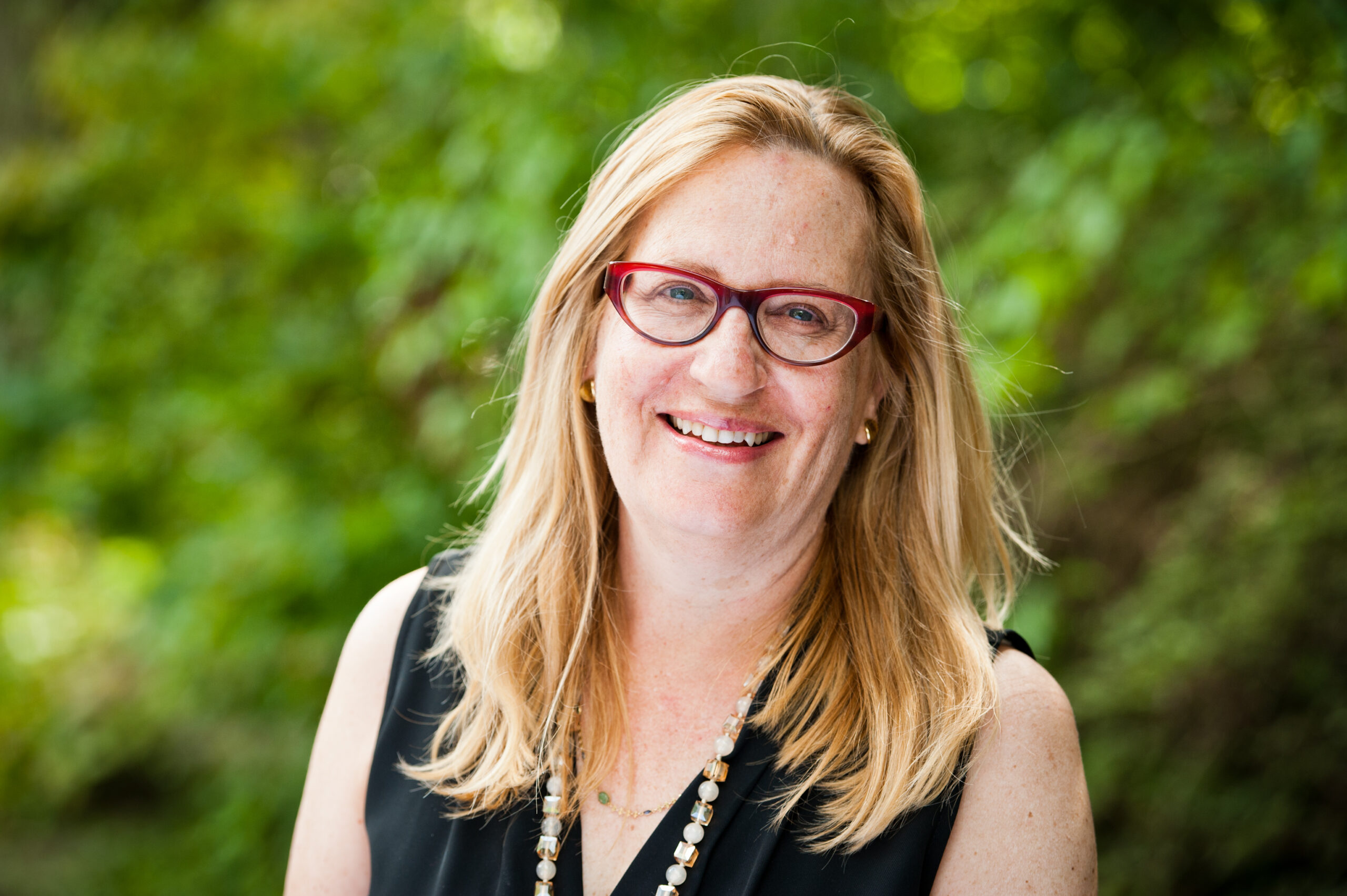
Champagne and aspirin were the topics of a recent convening of leaders of networks in the Jewish community. We all work in vastly different settings. Yet, we share a common charge to increase connections among our constituents. To know how to foster connectivity in these uncharted times, we’ve met over the past three years to explore the question: How do we practice and invent the new art of strengthening Jewish community – network weaving?
Back in 2012, Deborah Fishman wrote an eJewishPhilanthropy article describing the Jewish community’s emerging field of network-weavers. At that time, Fishman recommended professionalization and training. We’ve seen little of that. Most of us are self-trained. We’ve read the books and we rely on our own intuition.
We also turn to one another. As Fishman wrote “Network-weavers across organizations need to be connected to support one another, share frustrations and best practices, find resources (including people, information, and funds), and collaborate.” Bound by an urgent question, we’ve become that kind of network, freely sharing our knowledge and challenges, providing practical and emotional support to face our unknowns.
As Micol Zimmerman Burkeman of the Experiential Jewish Education Network says, “We are living what we lead.”
Perceived benefit by early participants in our network of network leaders has grown our numbers from five to over twenty-five. We work in the innovation and social service sectors, in education for children through adults, and in mikva’ot, synagogues and federations. Some of us are new to the field and some are seasoned. Collectively, our networks connect thousands of Jews and those who love them from Philadelphia to Fiji (Yes, there too).
Most of us have never met in person. We formally convene six times a year on Zoom, and in the interim connect through email and Google Docs. We make time for virtual coffees. Occasionally, we even speak on a phone. Reconstructing Judaism provides back office support and requests, but not requires, a small donation to cover administrative costs.
We take turns stepping up. When Mindy Gold, of EdtechMMG, an education consulting firm specializing in cultivating online relationships, saw we were flooding each other’s inboxes in between gatherings, she taught us tools we didn’t know. We now use them. Take a look at Padlet. Its tagline tells what it enables a network to do. “Collaborate better, be more productive.”
Our convenings are shaped by network participants’ questions. Rarely is the answer just learning something new. Mostly, we wrestle with concepts to figure out how new practices apply to a network setting where participation is voluntary and people never or rarely meet in person.
For example, Suri Jacknis, director of Educator Networks at the Jewish Education Project and Evie Rotstein, director of the New York School of Education at Hebrew Union College-Jewish Institute of Religion, introduced us to frameworks for attending to people’s well being. How do you apply those concepts to an online setting? The wisdom is always in the room. Shosh Lovett-Graff of Reconstructing Judaism had a thought. She mailed each network leader dried lavender and a Rebbe Nachman teaching encouraging us to slow down and take a breath. Now, that’s stepping up.
We also take turns stepping out. When a child is sick, a deadline browbeats, or when some pop-up keeps us from connecting, network leaders send the note, “I’m sorry I’ll miss because”—fill in the blank. I mention it, because making time to send that message is a symbolic reflection of strengthened community, expressing a sense of responsibility and commitment. When someone misses, we send follow up with care and content, including curated materials from our convening and a personal note.
Despite the relentless busyness permeating our days, we have managed to cultivate what Jacknis calls a culture of generosity. We are there for the stepping up and the stepping out. No wonder we recently convened around champagne, virtually, to celebrate what we’ve learned from one another. And, because we’ve made it safe to share frustrations and failure, we also brought out a bottle of virtual aspirin.
In 2019, let’s raise a glass to strengthened Jewish community. May this be a year to focus less on program, membership and our own agendas, and more on people’s quests and gifts. To a year of needing less aspirin, because we know that equipped with genuine curiosity, and a few tools, we can cultivate connections that reveal and speak to the kinds of yearnings that naturally and powerfully pull people toward one another. To the practice and invention of the new art of strengthening Jewish community. L’chaim from a network of network weavers.
This piece was originally published in eJewish Philanthropy on January 8, 2019.








